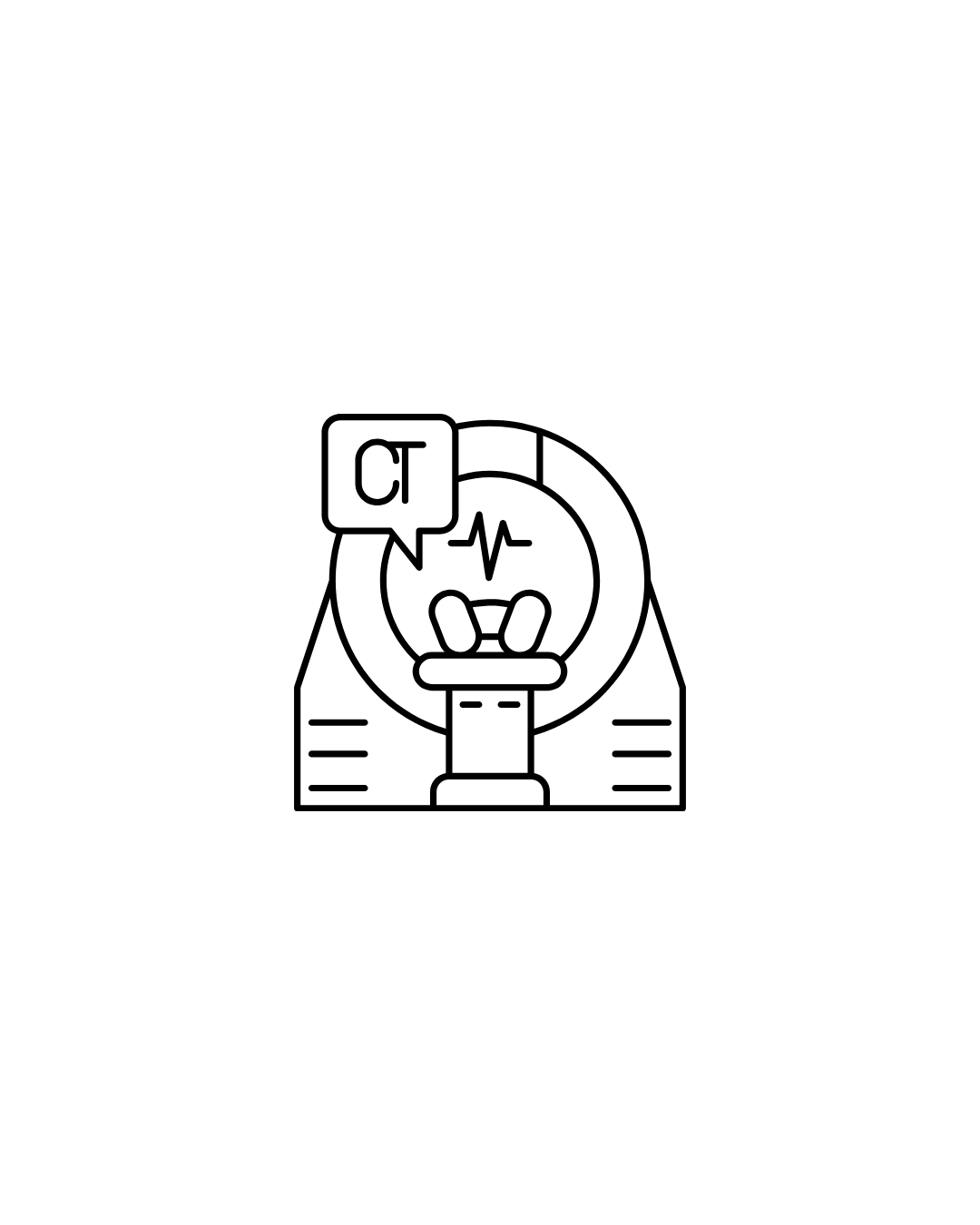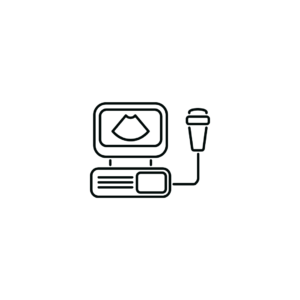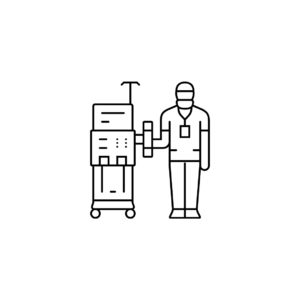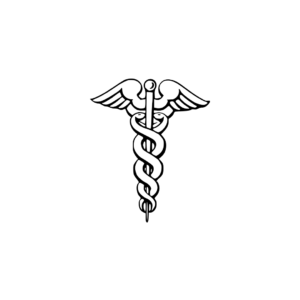Description
Overview of Diploma in CT Scan Technician
The Diploma in CT Scan Technician program is designed to prepare individuals for a career in computed tomography (CT) imaging. This program focuses on the principles and techniques of CT scanning, emphasizing patient care, safety protocols, and the technical skills required to operate CT equipment effectively. Graduates of this program play a crucial role in assisting radiologists in diagnosing medical conditions through advanced imaging techniques.
Core Areas of Study in the CT Scan Technician Program
Introduction to Computed Tomography
Overview of the CT imaging process, including the technology, physics, and history of computed tomography.
Human Anatomy and Physiology
Detailed study of human anatomy, with an emphasis on anatomical structures visible in CT images and their relevance to diagnostic imaging.
CT Imaging Techniques
Training in various CT imaging techniques, including slice thickness, imaging protocols, and contrast media administration.
Radiation Physics and Safety
Understanding the principles of radiation production, patient safety measures, radiation protection guidelines, and dose management in CT imaging.
Patient Care and Communication
Skills for managing patient interactions, ensuring comfort, and effective communication regarding procedures and safety.
CT Equipment Operation
Hands-on experience with the operation and maintenance of CT scanners, including calibration, troubleshooting, and quality control.
Image Processing and Interpretation
Introduction to the concepts of image acquisition, processing, and basic interpretation of CT images for diagnostic purposes.
Ethics and Professionalism in Radiology
Exploring ethical considerations and professional responsibilities in patient care and imaging practices.
Clinical Practice
Practical training in clinical settings, where students gain hands-on experience in performing CT scans under the supervision of qualified professionals.
Curriculum Structure
A typical Diploma in CT Scan Technician program may include:
Core Courses: Fundamental subjects covering anatomy, CT imaging techniques, radiation safety, and patient care.
Laboratory Practice: Opportunities for hands-on training with CT equipment to develop technical skills.
Clinical Rotations: Real-world experience in hospitals or imaging centers, applying knowledge and skills in patient care and CT imaging.
Elective Courses (if applicable): Options may include specialized areas like advanced CT techniques or interventional CT procedures.
Capstone Project or Internship: A project or practical experience that showcases the students’ knowledge and skills in CT imaging.
Admission Requirements
Admission to a Diploma in CT Scan Technician program typically requires:
A high school diploma or equivalent, preferably with a strong foundation in science subjects such as biology and physics.
Minimum GPA requirements may vary by institution but are generally around 2.5 or higher on a 4.0 scale.
Some programs may require letters of recommendation and a personal statement expressing the applicant?s interest in a career in CT imaging.
Skills Developed in the CT Scan Technician Program
Graduates of the Diploma in CT Scan Technician program will develop essential skills, including:
Technical Proficiency: Ability to operate CT scanners and perform examinations according to established protocols.
Patient Assessment: Skills in evaluating patients? needs and ensuring their safety and comfort during CT procedures.
Attention to Detail: Precision in following procedural protocols, ensuring accurate imaging results, and maintaining equipment functionality.
Communication Skills: Effective communication with patients and healthcare professionals regarding procedures, results, and safety information.
Teamwork and Collaboration: Ability to work within a healthcare team, including radiologists and other medical staff, to deliver high-quality care.
Career Opportunities
Graduates with a Diploma in CT Scan Technician can pursue various career paths, including:
CT Scan Technologist
Performing CT scans in hospitals and radiology clinics, assisting in diagnostic imaging for various medical conditions.
Radiologic Technologist
Working in various imaging modalities, including X-ray, CT, and other diagnostic imaging procedures.
CT Imaging Specialist
Focusing specifically on CT imaging protocols and advanced imaging techniques in specialized medical settings.
Healthcare Assistant in Radiology
Supporting the radiology department with patient care and administrative tasks related to imaging services.
Medical Equipment Sales Representative
Providing expertise in radiology equipment and CT technology to healthcare facilities and organizations.
Conclusion
The Diploma in CT Scan Technician program offers comprehensive training for individuals aspiring to work in the field of computed tomography. By equipping students with essential skills and knowledge, this program prepares graduates for successful careers in diagnostic imaging, contributing significantly to patient care and the diagnostic process. If you have any further questions about the Diploma in CT Scan Technician program or related topics, feel free to ask!









